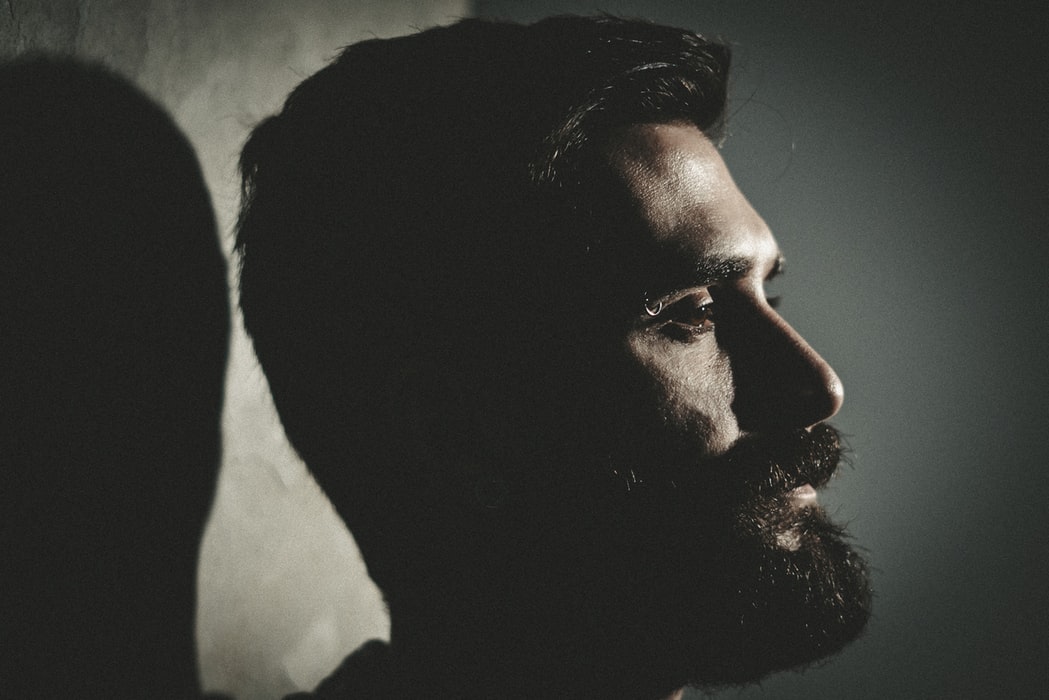
Heroin is a powerful and illegal narcotic, deriving from the opium poppy. Approximately a million people in the U.S. have used heroin within the past year. Unfortunately, even one hit of heroin can result in tolerance, dependence, and addiction. For those struggling with heroin addiction, getting treatment from medical professionals and therapists is critical. Abusing heroin can permanently change the brain’s structures and make it incredibly challenging to quit using the drug. Furthermore, many addiction issues derive from untreated mental health symptoms, depression, and trauma. Support and medical attention are vital for treating the disease of addiction.
Who is at risk of heroin addiction?
Anyone can become addicted to drugs or alcohol, but with heroin addiction, misusing a prescription opioid is the most significant risk factor for future heroin abuse. Misusing prescription opioids, like Vicodin or Percocet, increases someone’s risk of heroin addiction as much as 19 times.
What’s the definition of opioid misuse?
Clinicians give stringent instructions on how and when to take a prescription narcotic. Taking the drug sooner than prescribed, taking more of the drug than prescribed, or mixing the medication with alcohol are all types of prescription misuse. Also, if a prescription says to take medicine orally, crushing the tablets and snorting them would be a misuse. Using another person’s prescription is also a form of opioid prescription misuse.
Unfortunately, opioid drugs, even legal ones, come with a risk of addiction even with perfect use. Using too much of the drug and misusing it causes physical dependence or tolerance of the drug to form quickly. People who use the drug will keep taking more and more of the pills to get the same effect, but this only increases their addiction risk.
For those addicted to opioid painkillers, getting a steady supply of prescription drugs is difficult. These drugs are also expensive to purchase on the black market. People who are heavily addicted to prescription opioids will turn to heroin as a cheaper, and easier to obtain an alternative to prevent withdrawal symptoms and cravings.

Other Risk Factors for Heroin Addiction
There are many other risk factors for heroin addiction besides opioid prescription misuse. Those risk factors include the following:
It’s critical to understand that someone can have all of these risk factors and still not become addicted to heroin. On the other hand, it’s also possible to have one or none of these risk factors and become addicted. The disease of addiction is complicated, and many different genetic, mental, and environmental factors can influence the incidence and trajectory of the disorder. There is no prediction model that can definitively tell someone that they or someone they love will become addicted to heroin.
How is heroin addiction diagnosed?
Loved ones can suspect a friend or family member is addicted to heroin, but for an official diagnosis, an individual must undergo an examination and assessment by a doctor or mental health professional. The criteria for officially diagnosing someone with the disorder will vary from one state to the next. In some areas, a licensed drug or alcohol counselor can make the diagnosis.
During an exam or assessment for addiction, several tests are often used. Urinalysis, lab, and other blood tests may occur to make an official diagnosis of addiction. For loved ones who suspect heroin addiction, it’s important to talk to a professional about their friend or family member’s options for treatment. A mental health worker or drug and alcohol addiction counselor can help point them in the right direction.
What happens in treatment for heroin addiction?
Treatment for heroin addiction must be tailored to the individual. Loved ones also need to understand that there is no simple cure-all for drug addiction. Addiction is a multifaceted disorder, and there are numerous, effective treatment methods available. For example, some people will benefit from intensive outpatient rehab, while another person may need to stay in an inpatient facility for many months.
Everyone in treatment for heroin addiction will need to attend some form of individual therapy, but not everyone can benefit from family counseling. One-on-one therapy and support groups are also critical aspects of recovery from drug addiction. With support groups, people in recovery can get help and resources and understanding from people who have been in their shoes.
For individuals in recovery for heroin addiction, their tailored treatment plans will depend on the following factors:
For heroin addiction, there are several types of treatment methods available, and using several techniques at once is typically more advantageous than using just one form of treatment. Primarily, heroin addiction treatment uses both medical and behavioral treatment methods.
When someone stops using heroin, they will experience painful withdrawal symptoms. In these instances, getting medical help is crucial to help people avoid relapse. By attending ongoing therapy sessions after achieving initial sobriety, people in recovery can learn valuable coping mechanisms and skills for handling stress and prevent relapse.

What is the outlook for heroin addiction treatment?
Prolonged, heavy heroin abuse can change brain chemistry and risk and reward neural pathways. Unfortunately, these mechanisms make heroin addiction challenging to treat, but heroin addiction is not impossible to overcome. With pharmacological help, therapy, and support, people who struggle with an addiction to heroin can achieve and maintain initial sobriety.
Are you or a loved one struggling with addiction to heroin? We can help. Contact the experienced counselors at Mission Harbor Behavioral Health today. We’ll be glad to answer your questions about our addiction treatment options, therapy methods, and support groups.
The facilities at Mission Harbor are staffed with trained experts to best assist patients with their mental health issues. We are capable of dealing with any and all cases with a licensed staff, equipment, and approved techniques. Our mission is to help those who want to help themselves, and we support your decision in seeking help.
Get Help Now
Alcohol addiction is extremely difficult to overcome on your own.. Seek specialized help and let professionals guide you in your recovery.

